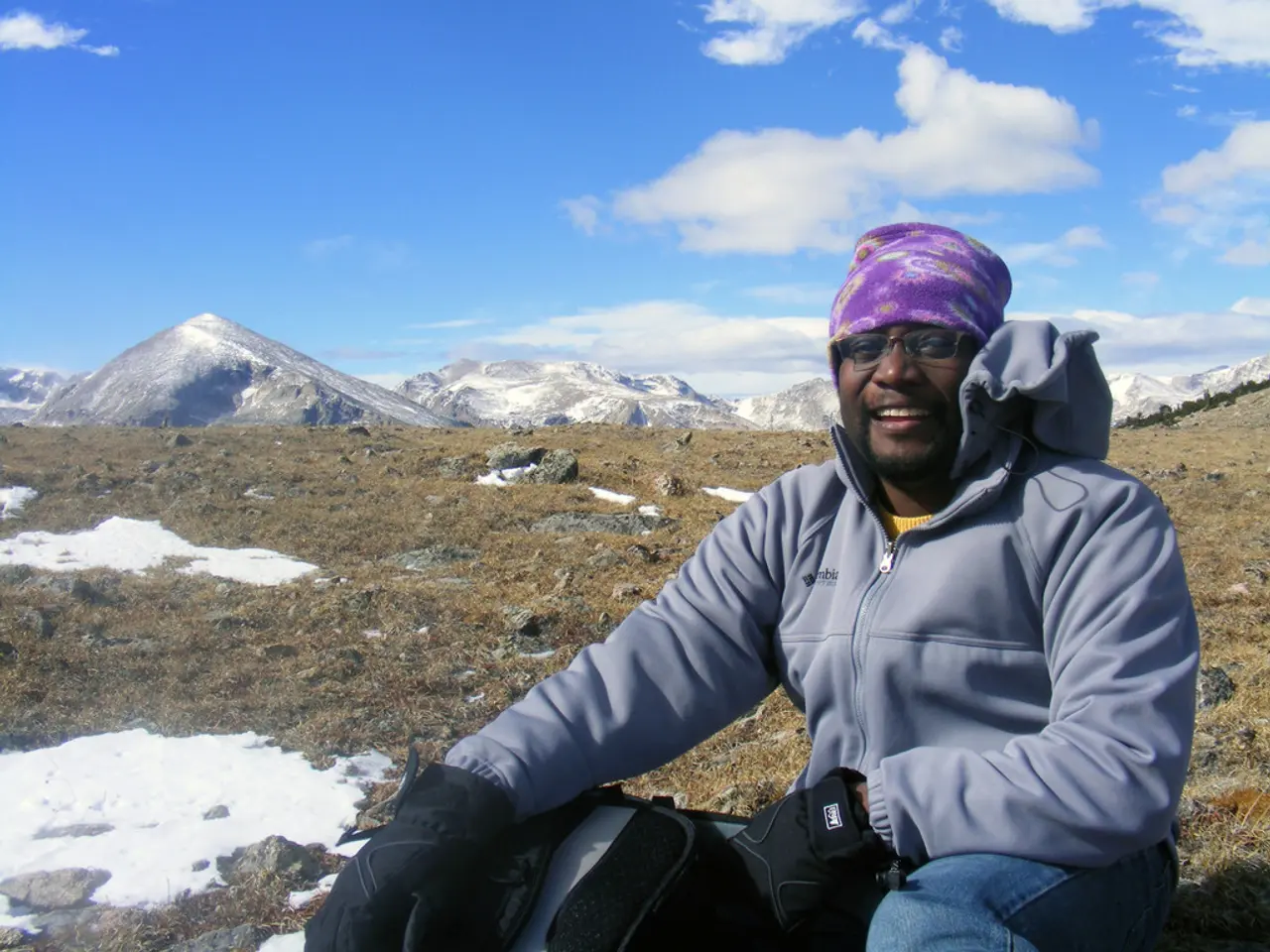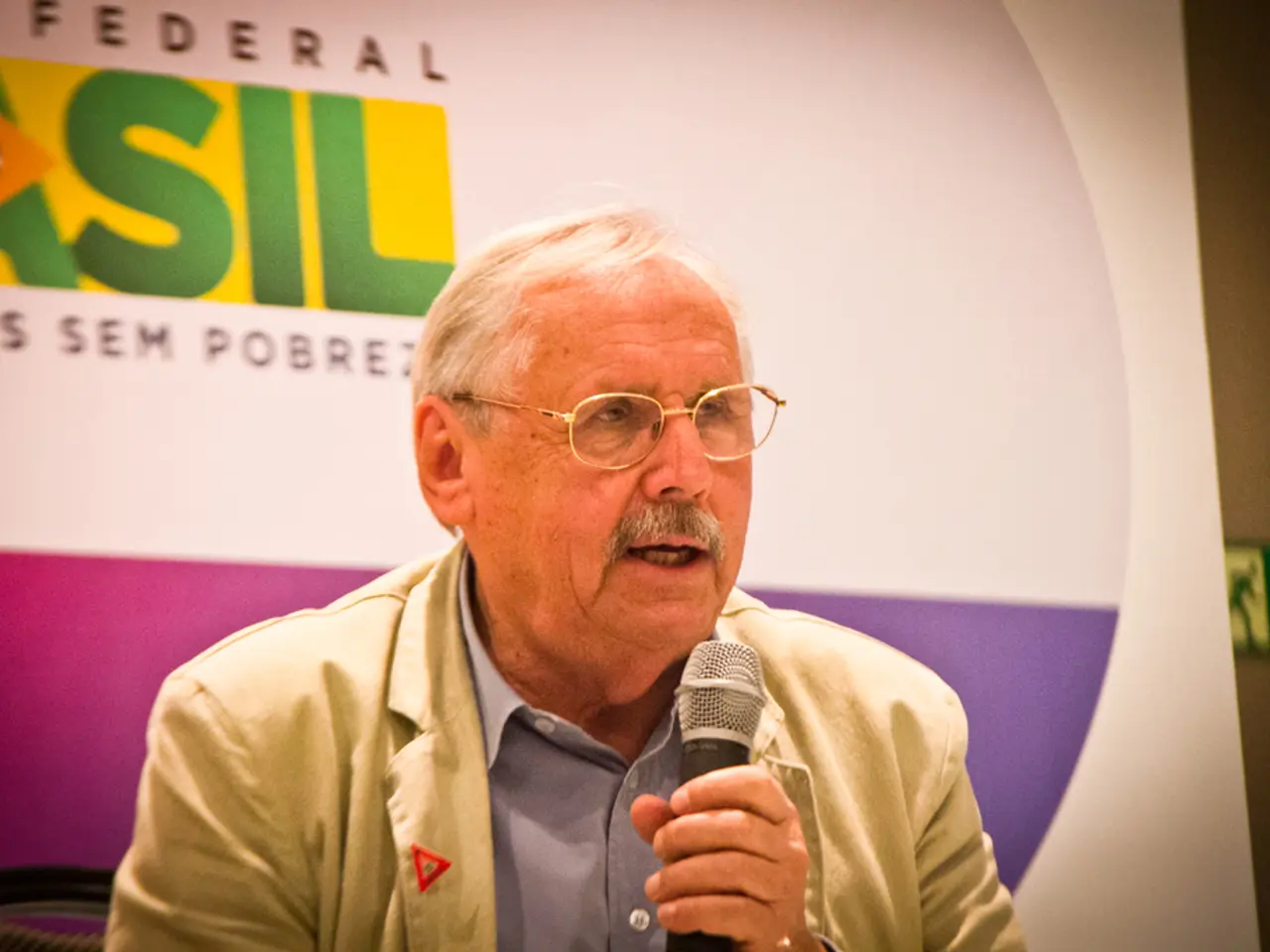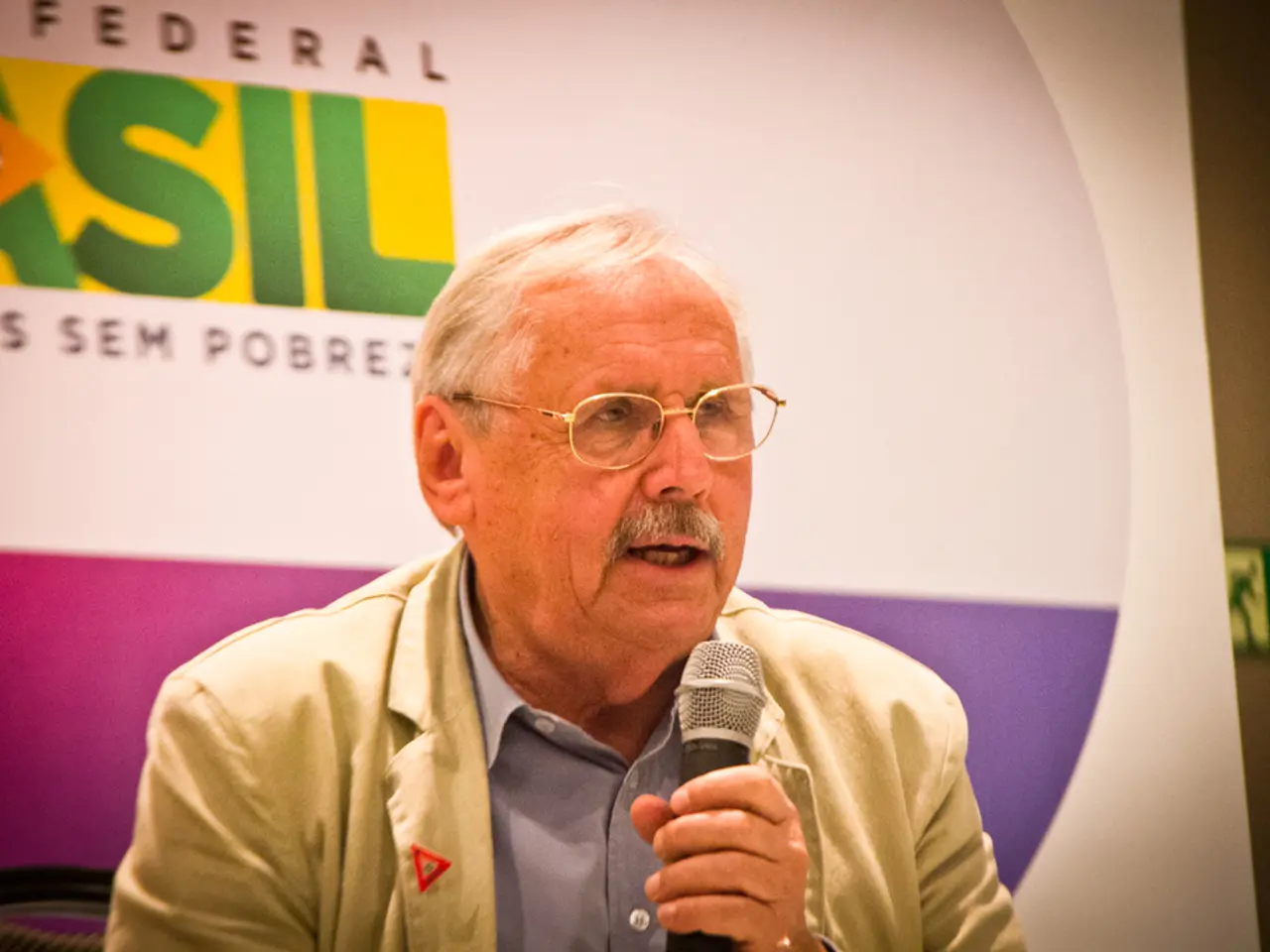Centenarian Ex-President Jimmy Carter's Demise: A Legacy Spanning a Century, Transforming a Polarizing Figure into a Respected Icon
Jimmy Carter: A Life of Service and Legacy
Jimmy Carter, born on October 1, 1924, in Plains, Georgia, grew up in a rural setting characterized by modesty and hard work. The son of James Earl Carter Sr., a peanut farmer, and Lillian Gordy Carter, a nurse, Carter's political path was shaped by his early years.
Carter's political ascent began at the local level as a school board member in Sumter County, Georgia, where he served for eight years, starting in the late 1950s or early 1960s. He later went on to be elected to the Georgia State Senate in 1962.
As governor of Georgia from 1970 onward, Jimmy Carter promoted progressive and environmental policies. His efforts to modernize state structures while defending minority rights distinguished him as someone capable of reconciling tradition with progress. In 1976, Carter won the U.S. presidency, serving as the 39th president from 1977 to 1981.
During his presidency, Carter facilitated the Camp David Accords in 1978, establishing peace between Egypt and Israel. He also made significant strides in legislation, such as the creation of the Superfund program addressing toxic waste cleanup and conservation efforts in Alaska. His administration was marked by efforts to include women and minorities at high government levels.
Following his presidency, Carter and his wife Rosalynn returned to Plains, Georgia, and established the Carter Presidential Center in Atlanta, which includes a presidential library and museum.
Carter's post-presidency was distinguished by extensive humanitarian and diplomatic work. He mediated conflicts and promoted peace in Nicaragua, Panama, Ethiopia, North Korea, Haiti, and Bosnia in the 1990s. Carter championed causes such as habitat building for the poor through Habitat for Humanity and monitoring over 100 democratic elections worldwide.
One of Carter's most notable achievements was leading disease eradication programs, notably targeting Guinea worm and river blindness through the Carter Center, significantly reducing disease impact globally. In 2002, Carter was awarded the Nobel Peace Prize and the United Nations Human Rights Prize for his international humanitarian efforts.
Carter's post-presidential influence reset the standard for former presidents, with a legacy marked by global peace advocacy, human rights, and public health. Following his father's death in 1953, Carter returned to Plains to take over the family farm amidst local economic challenges. He left a legacy of peace, justice, and dedication.
Timeline of Key Milestones
- Late 1950s/Early 1960s: Elected to school board in Sumter County, Georgia.
- 1962: Elected to the Georgia State Senate.
- 1966: Ran unsuccessfully for Georgia governor’s Democratic nomination.
- 1971–1975: Governor of Georgia.
- 1976: Elected 39th U.S. President.
- 1977–1981: U.S. presidency; Camp David Accords (1978), Superfund legislation, conservation achievements.
- Post-1981: Founded Carter Presidential Center, active humanitarian diplomacy and election monitoring.
- 2002: Awarded Nobel Peace Prize.
- Throughout post-presidency: Success in disease eradication campaigns (Guinea worm, river blindness), peace negotiations, and advocacy for democracy and human rights.
In the timeline of Jimmy Carter's life, his political endeavors extended to addressing war-and-conflicts and policy-and-legislation, such as the facilitation of the Camp David Accords in 1978, the creation of the Superfund program for toxic waste cleanup in 1976, and conservation efforts in Alaska. Notably, his post-presidency encompassed extensive humanitarian work and advocacy for environmental causes, including the leadership of disease eradication programs like the Guinea worm and river blindness through the Carter Center.
Furthermore, Jimmy Carter's political journey, as detailed in the text, highlights his commitment to the environment and general news, underscoring his dedication to progressive policies and reconciling tradition with progress, even during his governorship in Georgia.








